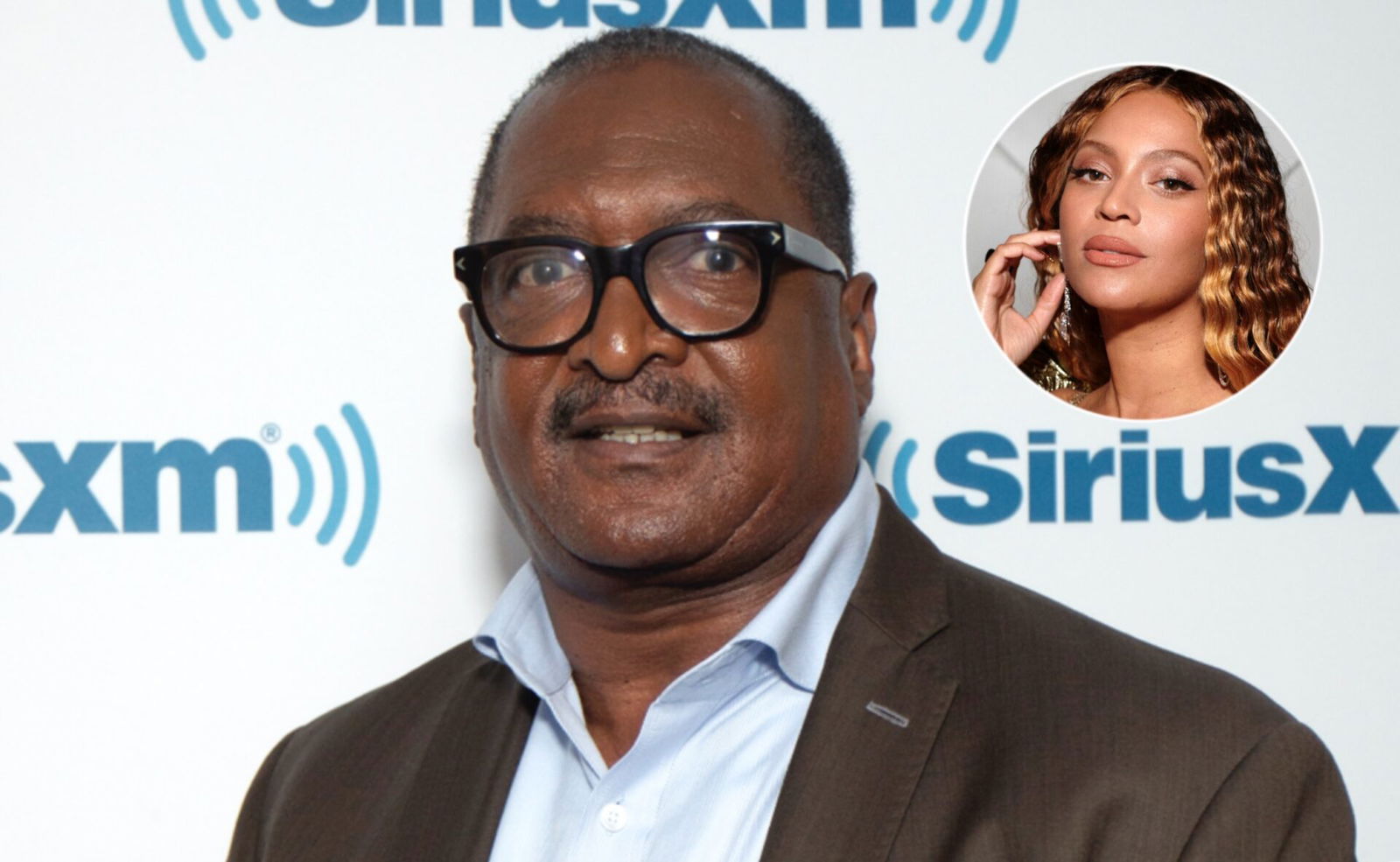
November 22, 2024
Mathew Knowles Invested Into Destiny’s Child Music Videos, Despite Label Budgets, ‘To Control the Narrative’
Mathew Knowles highlights how investing his own money in Destiny's Child's albums and music videos gave him the power to shape and control the group’s "narrative."
Mathew Knowles comes from a long line of Black entrepreneurs. He used his business acumen to invest in his daughters’ music careers.
Before his eldest daughter, Beyoncé, succeeded with Destiny’s Child, Knowles spent two decades working in sales. When he entered the music industry, he used his own financial resources to fund the group’s albums and music videos. This approach allowed him to ensure that Destiny’s Child and his younger daughter, Solange, could “control the narrative” of their brands without being bound by the constraints of their record label.
“I can’t remember the last time I’ve asked someone for money,” Knowles told AfroTech at the Building Wealth Today for Tomorrow Financial Empowerment Summit in Chicago on Oct. 12.
“We prefer to do it ourselves. So, we control the narrative. Even making Beyoncé, Destiny’s Child, [and] Solange’s albums, although we had a budget, the record label gives you a budget to make the album.”
Knowles continued. “But we would spend our own money for the album. We would spend our own money on the video because we wanted to control the narrative. And once I’m using somebody else’s money, now I have to listen to their concerns. When I’m using my own money, I don’t care what your concerns are because I’m using my own money. We will do it our way, and it worked for us. I’m not saying it works for everyone, but it worked for us.”
The Fisk University alum reflected on the entrepreneurial legacy from his grandfather, Davis Hogue, who inspired Beyoncé’s latest whiskey brand, SirDavis. Hogue was a successful entrepreneur who owned 300 acres of land and distributed moonshine. Mathew Knowles shared how his father grew up observing his father’s business acumen, including leasing land to a paper mill in Marion, Alamabam, which greatly influenced his entrepreneurial mindset.
“I’ll never forget this, and imagine you as a farmer, and they’re now paying you to take down the trees, remove the trees, they’re paying you to do that, and then after they get the trees, then you go behind them and farm. I thought that was genius,” Knowles said of his grandfather.
As he grew up, he watched his father transform a $30-a-week trucking job into a profitable side business, allowing him to enjoy the rewards of his hard work.
“He convinced the white company he worked for to let him use that truck. He would go tear down old houses, sell the lumber, sell the copper, aluminum. He would buy old cars, sell every part to the car, and he would make a hundred times more than what he made,” Knowles said. “But he had those assets. He had that truck. My mother had the material. They learned how to source. And I grew up watching and learning and seeing my grandfather and my parents be entrepreneurs.”